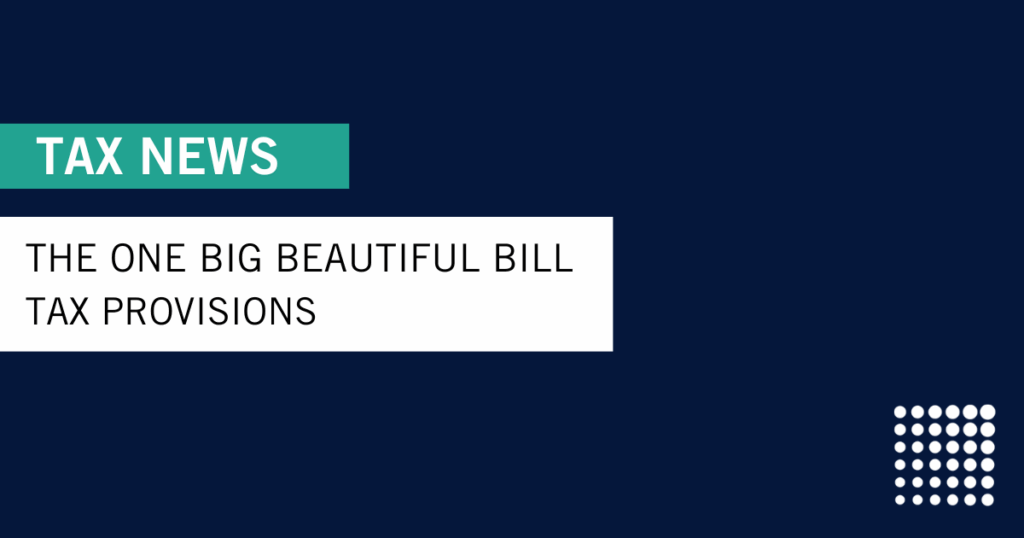UPDATE: IRS PAUSES NEW ERC CLAIMS
On Sept. 14, 2023, the IRS announced that new claims for the Employee Retention Tax Credit, or ERC, won’t be processed until at least 2024. The credit ended on Oct. 1, 2021, but businesses could still apply retroactively by filing an amended payroll tax return. However, due to an influx of fraudulent claims, the IRS has paused this pandemic-era tax credit until at least next year. Read more about this update at IRS.gov.
It's now on the IRS infamous "Dirty Dozen" list
Annually the IRS releases its list of the worst tax scams that taxpayers need to be on the lookout for in the current and coming years.
This annual list of schemes and scams is aimed at helping raise awareness to protect honest taxpayers from aggressive promoters and con artists. These schemes put people at financial risk and increase the chances of becoming victims of identity theft.
This year, the IRS Dirty Dozen list was topped with a warning on egregious promoter claims surrounding the Employee Retention Tax Credit. You’ve likely received promotional emails and ads in recent months claiming that you are eligible for too-good-to-be-true tax rebates. These promotions can be based on inaccurate information related to eligibility for and computation of the credit.
The IRS has clearly stated that they are stepping up enforcement action involving these ERTC claims, and people considering filing for these claims – only valid during the pandemic for a limited group of businesses – should be aware they are ultimately responsible for the accuracy of the information on their tax return (not the agency the tax payer may have hired to facilitate the claim).
Although CPA Zane Harris reminds business owners that the credit itself is fine for those that are eligible, it is the promoters advertising the credit to everyone and anyone that causes the problem.
“We saw this before with the Research and Development credits, and it’s a similar story now,” says Zane. “These companies are promoting exaggerated numbers, offering to file the return for you, for a percentage fee, of course, and then you will not hear from them again. They do not and will not do any audit defense for you when the IRS comes calling.”
Should you feel that your business is eligible for the credit, the rules below list the requirements.
ERTC ELIGIBILITY REQUIREMENTS:
The eligibility rules governing the ERTC have undergone several revisions since it was first introduced in March 2020.
This summary should level-set the main expectations and requirements.
- A decline in gross receipts with a drop of 50% or more for any quarter in 2020 when compared to the same quarter in 2019, and/or a drop by more than 20% for any quarter in 2021 compared to the same quarter in 2019.
- A government order required a full or partial shutdown, which resulted in closing all or a portion of your physical space.
- A government order caused more than a nominal effect on your business, which resulted in the modification of a business activity.
AMOUNT OF THE CREDIT
- 2020: 50% of wages per employee with a maximum of $10,000 annually. $5,000 maximum credit per employee. Quarters two, three and four are eligible.
- 2021: 70% of wages per employee with a maximum of $10,000 per quarter. $21,000 maximum credit per employee. Quarters one, two and three are eligible.
CAN YOUR BUSINESS JUSTIFY THIS CREDIT UNDER AN AUDIT?
You must meet one of the three scenarios above to qualify for the credit. A decline in gross receipts is easy to recognize, but most dental professionals will not qualify for this in 2020 or 2021.
The complete shutdown of a dental practice, if mandated by the state dental society, typically lasted between eight to 15 weeks beginning in March 2020. At minimum, this allowed most dental practices to qualify during the mandated shutdown period. As of this writing, CWA does not know of any government mandate that required dental practices to partially close revenue-producing areas once states allowed practices to reopen in 2020.
The qualification method still up for debate is a government order requiring either a partial shutdown or a modification to a business activity that caused more than a nominal effect. Thanks to the IRS safe harbor definition, a nominal portion or effect is defined as 10%.
So, you may qualify if a government order caused:
- A nominal portion of your operations were suspended, and you had a reduction of 10% or more in gross receipts or worker hours compared to the same quarter in 2019. This qualification explicitly regards a change to your physical space. For example, a restaurant had to shut down the indoor sit-down service.
- A required nominal effect safe harbor modification that impacted your business activity by 10% or more. This qualification is based solely on a modification of business activity. For example, keeping people six feet apart. A restaurant was able to reopen but had to reduce capacity from 50 to 30 people to keep tables six feet apart.
If you meet any of the objective scenarios above, please speak to your CPA or tax advisor before moving forward with the claim.
If you do not meet any of these requirements and are leveraging subjective measures in preparing the claim, know that this credit in particular is a red flag for the IRS, and is likely to initiate an audit.
“Reducing your tax burden plays a vital role in reaching your long-term financial goals,” Zane says. “And while our team of tax accountants ensures we exhaust all measures in reducing our client’s tax liabilities, we do so within the law.”
What else is on the IRS’s Dirty Dozen list? In recent Accumulating Wealth Podcast Episodes, hosts Hunter and Judson help ensure you are informed of the schemes and scams plaguing this year’s tax season.
Need a team of tax professionals you can trust? CWA provides a full range of comprehensive tax services through our in-house tax department. Our team of tax accountants work in tandem with our financial planners to not only take care of your core tax services, but also monitor the ever-changing tax law landscape.














